Third judge strikes down Trump rule allowing health care workers to deny care to LGBTQ people
Judge rules overly-broad religious exemptions disrupt "uninterrupted effective flow of health care to Americans"

A third federal judge has struck down a Trump administration rule that sought to allow medical personnel to refuse treatment to patients on the basis of their personal religious objections.
The rule was challenged by the County of Santa Clara, which runs an extensive health care system that serves as a “safety net” provider for 1.9 million residents, multiple LGBTQ community centers, several LGBTQ-affirming health centers, and doctors, who objected to the broad religious exemptions that the rule grants to health care workers.
Related: Trump administration sued for allowing health care workers to deny care to LGBTQ people
U.S. District Court Judge William Alsup of the Northern District of California denied the Trump administration’s request to dismiss the lawsuit, and struck down the rule granting the religious exemptions, which would have taken effect on Friday.
While Alsup did not agree with all criticisms leveraged against the law, he dismissed the entire rule, finding that the U.S. Department of Health and Human Services had overstepped its authority in granting the exemption, writing: “When a rule is so saturated with error, as here, there is no point in trying to sever the problematic provisions. The whole rule must go.”
“Under the new rule, to preview just one example, an ambulance driver would be free, on religious or moral grounds, to eject a patient en route to a hospital upon learning that the patient needed an emergency abortion. Such harsh treatment would be blessed by the new rule,” Alsup wrote. “Although this order does not accept all of plaintiffs’ criticisms, this order holds that the new rule conflicts with those statutes in a number of ways and upsets the balance drawn by Congress between protecting conscientious objections versus protecting the uninterrupted effective flow of health care to Americans.”
Alsup’s ruling comes on the heels of two rulings out of New York and Washington State that found that would jeopardize the ability of low-income and marginalized populations to access health care and place hospitals and clinics at risk of losing federal funding if they do not allow employees to turn away patients, or attempt to discipline them for refusing to do the jobs for which they were hired.
LGBTQ groups and advocates for reproductive freedom have accused the Trump administration of attempting to restrict LGBTQ and abortion rights by allowing workers to claim their “religious freedom” is being violated if they are required to take any action that could be seen as condoning procedures to which they morally object, such as abortions or gender confirmation surgeries.
As such, the exemption, had it stood, would have allowed doctors, nurses, EMTs — and even janitors, administrators, and clerical staff — to refuse to transport patients, prepare surgical rooms, perform particular procedures, or refer patients to other hospitals or doctors who would otherwise provide the treatment being sought by a particular patient, even in cases of life-threatening emergency.
“That is now three judges in two weeks who have recognized the Denial of Care Rule for what it is, an egregious and unconstitutional attack on women, LGBT people and other vulnerable populations,” Jamie Gliksberg, a senior attorney with Lambda Legal, said in a statement. “The Denial of Care Rule targets some of our most marginalized and vulnerable communities and deserves to be relegated to the dustbin of history.”
James R. Williams, counsel for Santa Clara County, praised Alsup’s decision, saying the rule would have threatened access to health care for a number of the county’s residents.
“As one of the nation’s largest public safety-net healthcare providers, we are pleased that Judge Alsup has joined with other federal judges around the country in declaring that the Trump administration’s unprecedented attempts to privilege select religious beliefs over the lives of patients will not be tolerated,” Williams said in a statement.
Whitman-Walker Health, which joined the lawsuit challenging the exemption, also celebrated the ruling as a “tremendous victory” for populations that have historically been marginalized or faced stigma when seeking out health care. In a statement, the D.C.-based, federally recognized community health center called it a “great victory” for health care providers and staff who are “committed to fulfilling their ethical obligations to serve all persons needing care, regardless of their personal beliefs or feelings.”
Read more:
Trump campaign’s new advisor called gays an “abomination” and “evil”
West Virginia library postpones decision on whether to ban LGBTQ children’s book
Idaho nixes restrictions on birth certificate gender marker changes for trans minors
Support Metro Weekly’s Journalism
These are challenging times for news organizations. And yet it’s crucial we stay active and provide vital resources and information to both our local readers and the world. So won’t you please take a moment and consider supporting Metro Weekly with a membership? For as little as $5 a month, you can help ensure Metro Weekly magazine and MetroWeekly.com remain free, viable resources as we provide the best, most diverse, culturally-resonant LGBTQ coverage in both the D.C. region and around the world. Memberships come with exclusive perks and discounts, your own personal digital delivery of each week’s magazine (and an archive), access to our Member's Lounge when it launches this fall, and exclusive members-only items like Metro Weekly Membership Mugs and Tote Bags! Check out all our membership levels here and please join us today!








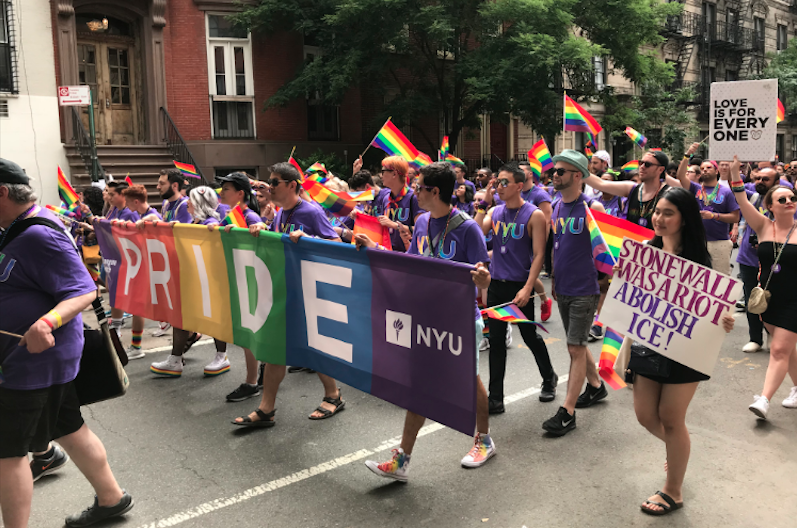
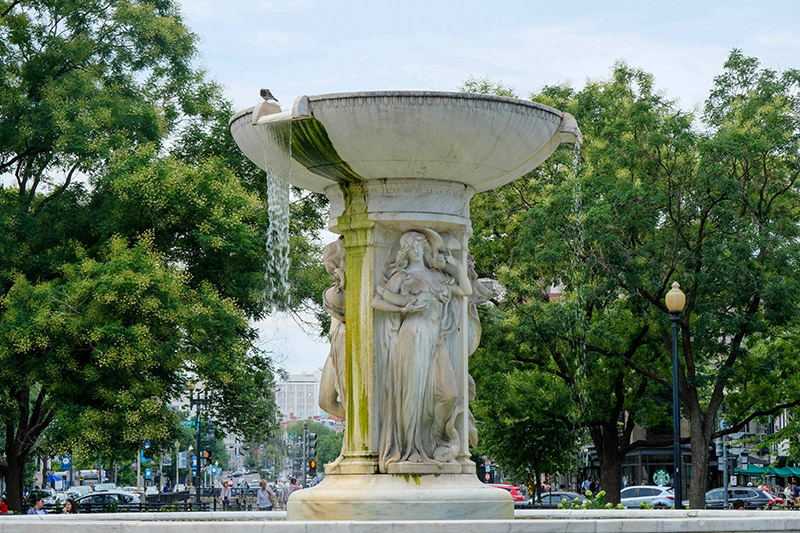
















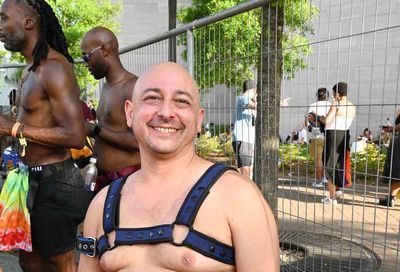
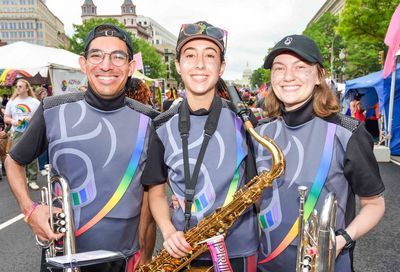




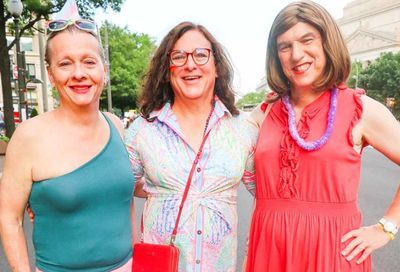


You must be logged in to post a comment.